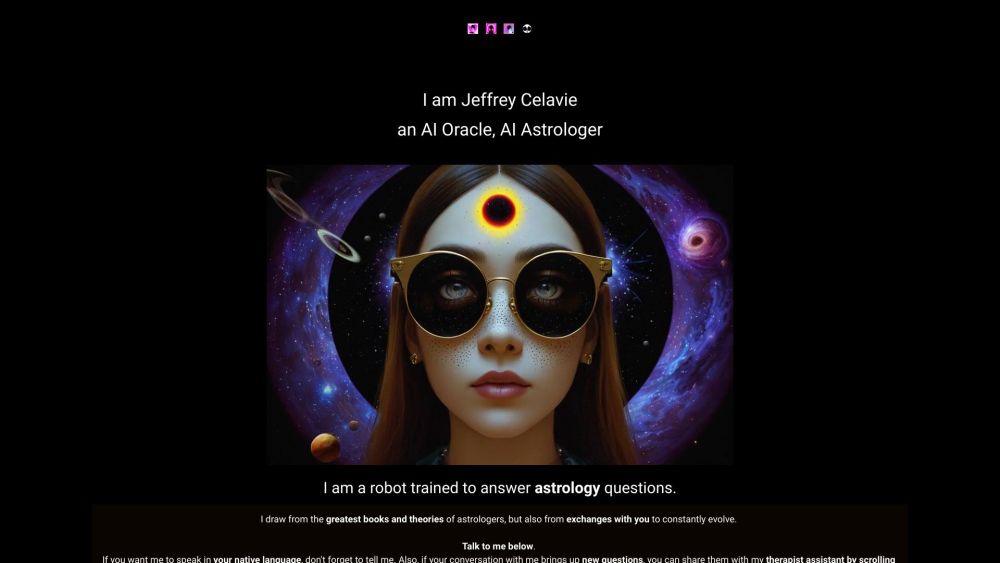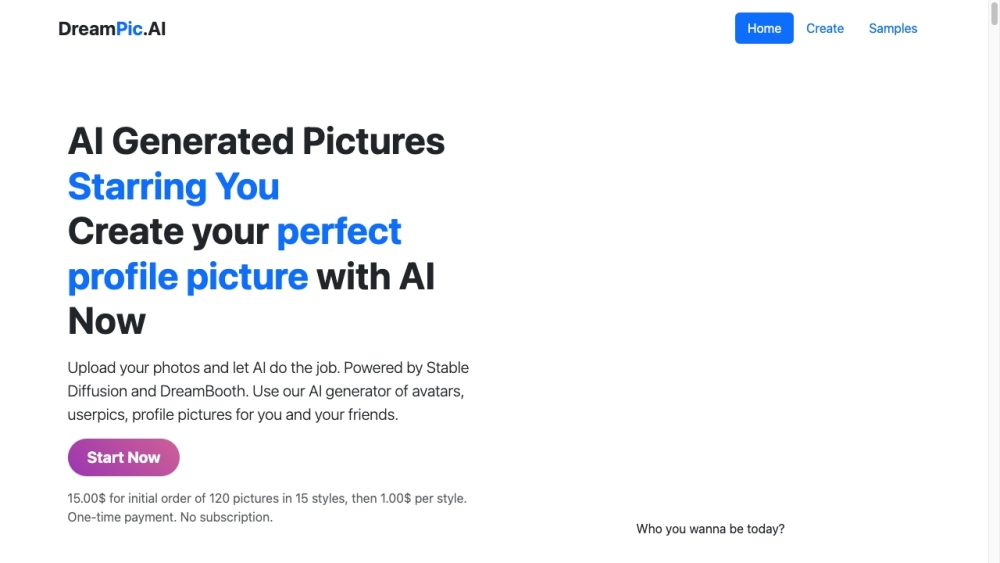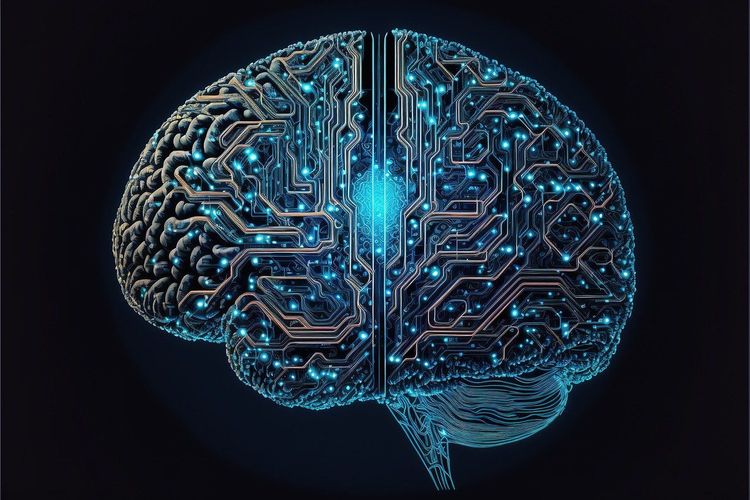Use ChatGPT Instantly—No Account Required!
Most people like

Jeffrey Célavie AI Astrologer combines the power of artificial intelligence with the ancient wisdom of astrology to provide tailored insights that align with your unique astral personality. Discover how personalized guidance can illuminate your path!

Introducing an AI-powered productivity platform specifically designed for teams, revolutionizing the way you collaborate and manage projects. This innovative solution enhances efficiency, streamlines workflows, and fosters seamless communication, empowering your team to achieve more together. Discover how our platform transforms productivity through intelligent automation and insightful analytics.

DreamPic.AI harnesses advanced AI technology to create customized images tailored to users' preferences in a variety of artistic styles.

In today's competitive landscape, leveraging AI technology is essential for businesses looking to elevate their customer interactions. By integrating AI solutions, companies can streamline communications, personalize experiences, and ultimately boost customer satisfaction. Discover how implementing AI-driven strategies can transform your customer engagement approach and foster lasting relationships.
Find AI tools in YBX

